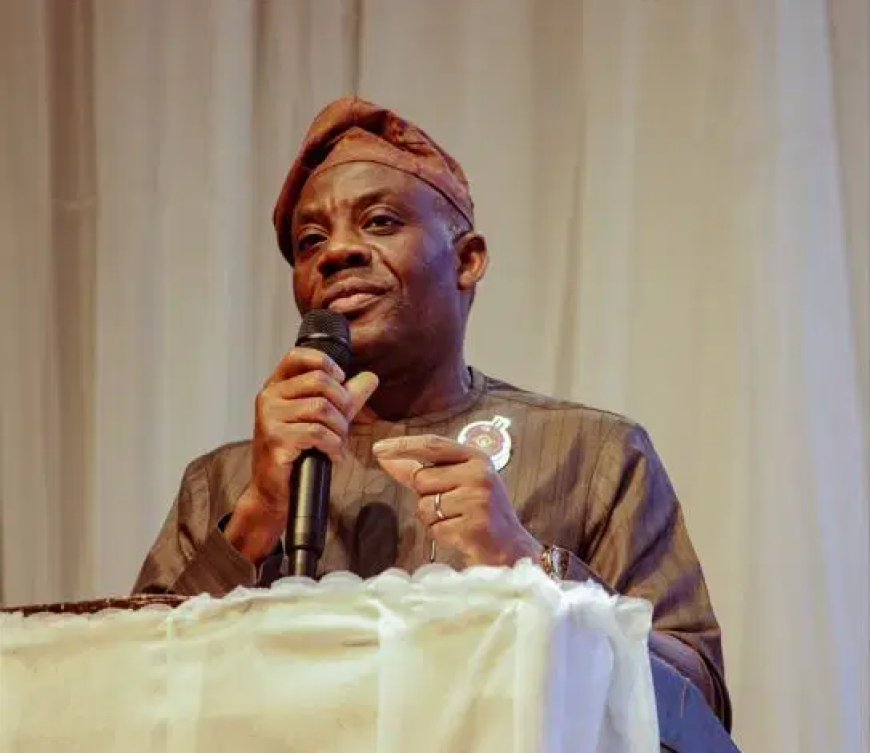
By Inside Agwa News
Key Highlights:
New national policy mandates age 12 as the minimum for JSS1 admission
Policy is part of the updated guidelines for private (non-state) schools
Nursery to secondary school transition is now age-specific and standardized
Private schools outnumber public ones in 26 states at the JSS level
Non-state schools are growing faster than public schools
The Federal Government has set 12 years as the official minimum age for admission into Junior Secondary School 1 (JSS1), in line with a new educational policy unveiled by the Federal Ministry of Education.
The directive, contained in a policy document focused on Non-State Schools, aims to standardize education delivery across both public and private institutions and reinforce age-appropriate progression for learners. The policy was officially launched last week in Abuja.
Non-state schools—also referred to as private, independent, or faith-based institutions—are not operated by government authorities and rely primarily on tuition fees, donations, and support from communities, religious groups, and charitable foundations. These schools continue to play a growing role in Nigeria’s education sector.
Clarifying the recommended age structure, the Ministry emphasized:
“Nursery education shall be of three years’ duration. Children shall be admitted into Nursery One at age three, Nursery Two at age four, and shall undergo a compulsory one-year pre-primary (Kindergarten) program at age five.”
The policy further outlines a nine-year basic education structure, comprising six years of primary education and three years of Junior Secondary School.
“Children shall be admitted into Primary One at age six and into Junior Secondary School 1 (JSS1) upon completion of primary school, at around the age of twelve (12) years,” the document states.
This structure implies that students are expected to complete their secondary education at approximately age 18, aligning with the age previously recommended for university entry. Although former Minister of Education Prof. Tahir Mamman had declared 18 as the minimum age for tertiary admission, the current minister, Dr. Tunji Alausa, has since reverted the entry age to 16.
The 2022 Nigeria Education Digest offers further insight into the shifting dynamics of the education sector, highlighting the increasing dominance of non-state schools—especially at the junior secondary level.
According to the report:
“Non-state schools outnumber state schools in at least 26 states at the Junior Secondary level. However, at the primary level, state schools still outnumber private institutions in 19 states.”
The Digest also noted significant growth in the private education sector between 2017 and 2022:
Non-state primary schools grew by 31.56%
State primary schools grew by only 3.3%
Non-state JSS schools expanded by 35.06%
State JSS schools recorded just 6.8% growth
The Federal Government’s move is part of broader reforms aimed at harmonizing education standards, bridging quality gaps, and ensuring learners’ cognitive maturity aligns with academic progression.
News Riders:
Policy Reform: New guideline streamlines basic education age structure nationwide
Educational Equity: Effort to harmonize standards between public and private schools
Sectoral Growth: Private education continues to expand faster than public institutions
Age Alignment: Reinforces earlier position on age-appropriate university entry
Governance and Regulation: FG emphasizes structured, quality-driven educational transition.
📧 For feedback or press enquiries: insideagwa.info@gmail.com
🌐 Visit: www.insideagwa.com.ng
🗞 Inside Agwa News – Keeping You Informed with Clarity and Credibility
Published by: Inside Agwa News
E-ISSN: 2354-4481


